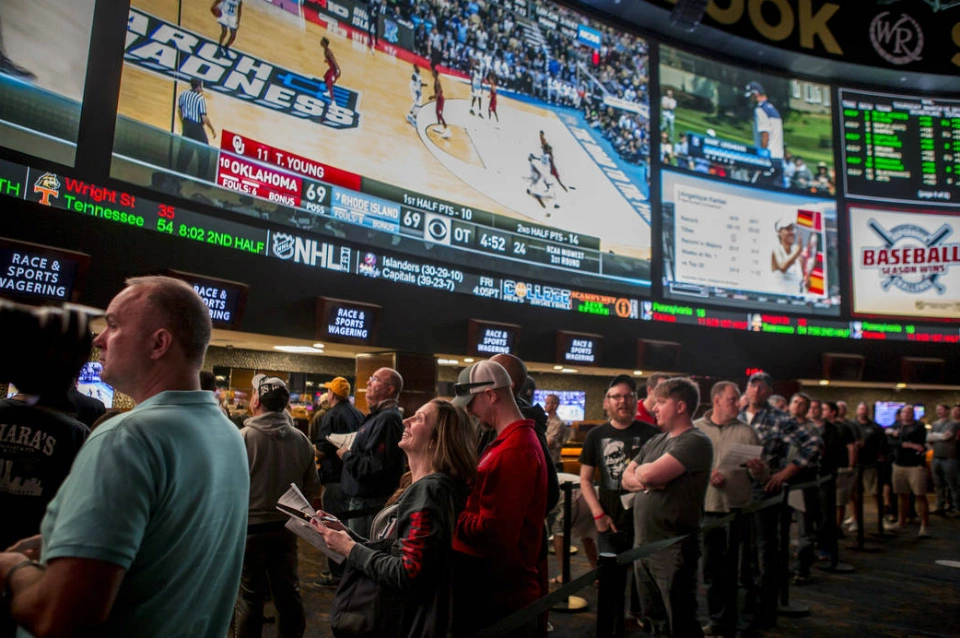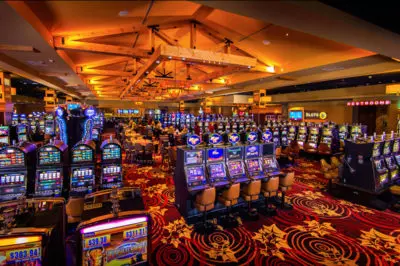 Native American tribes in Maine and the state’s Governor Janet Mills are still unable to make a consensus over a historic legislative package that would bring back the sovereignty rights of the four tribal nations there. However, tribal representatives confirmed they support the governor’s plan for some targeted reforms that were officially presented to Maine lawmakers on February 17th.
Native American tribes in Maine and the state’s Governor Janet Mills are still unable to make a consensus over a historic legislative package that would bring back the sovereignty rights of the four tribal nations there. However, tribal representatives confirmed they support the governor’s plan for some targeted reforms that were officially presented to Maine lawmakers on February 17th.
The 34-page proposal comes as an amendment to bill L.D. 585. It was produced as a result of ongoing negotiations between the Penobscot Nation, the Houlton band of Maliseets and the Passamaquoddy Tribe and the Governor’s Office.
The proposed measure would make small, carefully listed reforms, such as making certain goods and services, which are produced and consumed on tribal lands, exempt from state sales taxes or allowing the tribes to keep the revenues from those taxes for themselves. State taxes on the money earned by members of local Indian tribes on their reservation lands are also to be lifted under the provisions of the measure.
As part of the reform package, certain types of retail and mobile sports betting facilities would be allowed to operate on tribal lands. This provision, however, faced some opposition from the existing casino operators in the state.
Gerald Reid, a legal counsel and representative of Governor Mills, testified in favor of the proposed legislative measure. At the hearing before the Judiciary Committee that took place on February 17th, he explained that reaching an agreement on the package had not always been apparent but if they had not, they had been determined to have a constructive dialogue.
Restored Powers and Privileges Would Apply to Main Tribes Only
 As mentioned above, tribal representatives said they supported the measure but explained they do not recognize it as a substitute for L.D.1626, which is a much more expansive legislative effort and seeks to impose a wide range of limits on the privileges and powers of the Maine Indian tribes, which do not apply to the rest of the federally recognized Native American nations in the country. Currently, there are 570 federally recognized Indian tribes in the US.
As mentioned above, tribal representatives said they supported the measure but explained they do not recognize it as a substitute for L.D.1626, which is a much more expansive legislative effort and seeks to impose a wide range of limits on the privileges and powers of the Maine Indian tribes, which do not apply to the rest of the federally recognized Native American nations in the country. Currently, there are 570 federally recognized Indian tribes in the US.
As explained by Kirk Francis, the Chief of the Penobscot Nation, the proposed amendment of the L.D.585 bill would provide some meaningful economic benefits for his people. He shared that the latest amendment of the aforementioned piece of legislation was not perfect but it was progress, and he supported the progress.
As mentioned above, existing casino interests opposed the bill because it would provide Maine Indian tribes to offer retail and mobile sports betting services. The existing casinos in the state, however, would not be able to participate in the provision of the new form of gambling.
On the other hand, some members and representatives of local religious groups also opposed the proposed gambling expansion on moral grounds, saying they would like to see all forms of gambling, including lottery, banned in the state as a measure aimed at protecting vulnerable people from gambling-related harm.